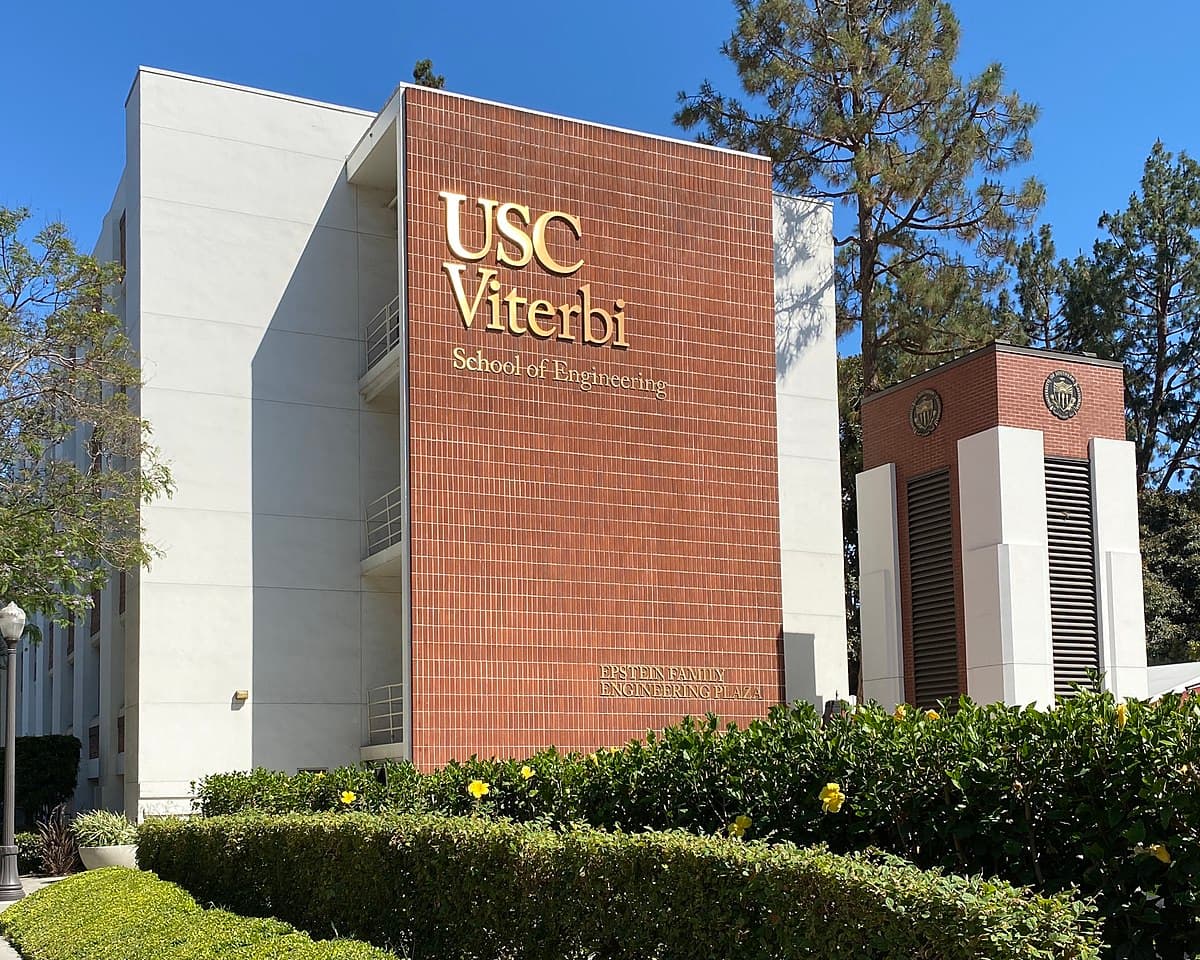
USC’s School of Engineering drives enrollment by scaling meaningful peer connection

The Results
- 42% of prospective students who engaged on Unibuddy applied to USC Viterbi
- 67% of admitted students who used Unibuddy committed by submitting their deposit
- Prospective students from 17 different countries exchanged 1,634 messages in just 4 months
The Challenge
Students come to The University of Southern California’s Viterbi School of Engineering not just from across the United States, but from across the globe. A significant portion of the incoming class every year is made up of international students, which is why Jessica Raquel Stern, Assistant Director of Graduate and International Recruitment at the college believes, “When students are so far away, it’s crucial to make them feel connected to the institution.” The value of connecting prospective and admitted students with currently enrolled students was clear – peers can have the kind of insightful and impactful conversations that can’t easily be replicated. “We believed that hearing directly from a current student would provide that personal touch” explained Stern. However, facilitating opportunities to foster connection and provide personalized support to prospective students is challenging.
At the time, bringing prospective and incoming students together with current students was a feat; painfully tedious and heavily reliant on the use of spreadsheets. Facilitating conversations between these two groups was a manual process that started with a staff member identifying a current student with whom to connect the prospective student, obtaining consent to share their personal contact information, and then hoping a meaningful conversation would take place. The team lacked a reliable way of ensuring the students had connected and struggled to track the impact of their initiative. Like many other institutions, the team had also tried to scale connection among students by leveraging open social platforms like Facebook and WhatsApp. However, these spaces lacked the structure needed to be sustainable and didn’t provide a sufficient level of privacy and protection for staff and students. The team recognized the pressing need for a systematic way of connecting prospective and current students.
The Strategy
The recruitment team at USC’s Viterbi School of Engineering had a goal: Increase applications and enhance student diversity. To achieve this, Stern and her team created an ambassador program featuring students from various backgrounds and then aimed to implement a tool that would make it easy to showcase these ambassadors, facilitate their communications with prospective and incoming students, and provide her team with the insights they needed to further strengthen their recruitment efforts. Stern had seen Unibuddy’s impact firsthand at a previous institution and knew it was the missing piece in their strategy. She shared the idea with William Schwerin, Senior Director, Graduate Recruitment, at USC Viterbi, who immediately saw the value: “Unibuddy stood out for its ease of use, the valuable data it provides, and its ability to foster meaningful interactions. It filled a critical gap in our recruitment strategy, offering a space that eased the uncertainty and anxiety prospective students often feel.”, shared Schwerin.
Unibuddy’s Impact
After a swift implementation, Unibuddy quickly became the go-to platform for prospective and admitted students to connect with ambassadors. In fact, between January and April alone, prospective students representing 17 different countries exchanged 1,634 messages on the Unibuddy platform, showing a boost in engagement during a critical period of time when students are evaluating their options and considering whether USC’s School of Engineering is the right fit for them. “The depth of these conversations allowed ambassadors to move beyond surface-level transactions and into highly personalized conversations, providing detailed guidance on things like living situations, student organizations, and ways to find community. This not only gave prospective students the confidence they needed, but also eased their transition,” says Paola Mejia, Assistant Director of Marketing & Graduate Recruitment.
In addition to making it easy for the team at USC to facilitate and manage 1:1 conversations between students, Unibuddy also provided insights that helped drive their strategy. By surfacing recurring themes from student conversations, Unibuddy empowered the team with real-time insight into the things students cared about most, their biggest concerns, and commonly asked questions. Now, rather than wait for year-end summaries, the team was able to modify their strategy in the moment, making data-driven decisions on everything from topics to cover at events, messaging to use in marketing materials, and new ways to build students’ confidence at every stage along the funnel. “The platform’s impact is particularly evident thanks to the data it provides; we can analyze how ambassador interactions influence online events, confidence levels, applications, enrollment, and overall student engagement,” said Stern.
During the first year alone, 42% of the prospective students who engaged on the platform went on to apply at USC’s Viterbi School of Engineering. “We’re very impressed with the correlation between Unibuddy and our diverse applicant pool,” shared Mejia. What’s more, an impressive 67% of admitted students who engaged on Unibuddy submitted their deposit, demonstrating the platform’s effectiveness in converting interested students into applications, and applicants into incoming students.
Use Cases
– Increase applications
– Attract diverse applicant pool
– More effectively nurture applicants
– Boost conversion rates
Results
42% of prospective students who engaged on Unibuddy applied to USC Viterbi
67% of admitted students who used Unibuddy committed by submitting their deposit
Prospective students from 17 different countries exchanged 1,634 messages in just 4 months